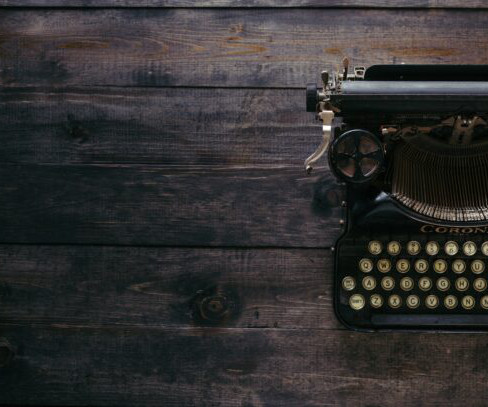Understanding the Pearson v. Chegg Copyright Infringement Lawsuit
Plagiarism Today
SEPTEMBER 15, 2021
Yesterday, news broke that Pearson Education, the largest publisher of textbooks in the world, has filed a lawsuit against the website Chegg alleging widespread copyright infringement of its content on the site. Fair Use: Since the questions at issue only make up a small portion of the textbooks at issue, Chegg may argue fair use.











Let's personalize your content